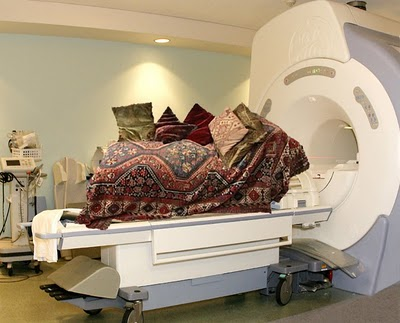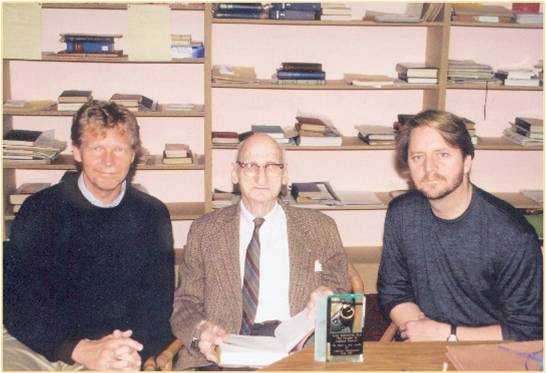
“AMERICANS PREFER DRUGS” screams the headline posted by the Reuters news service and attributed to Consumer Reports–one of the most respected periodical for the average American reader. “NEARLY 80 PERCENT TAKE A PILL FOR DEPRESSION,” the article continues. Read a little further and do some searching around on the internet and a different story emerges. Americans it turns out don’t necessarily prefer drugs but rather, “78 percent of those seeking treatment for depression or anxiety were prescribed antidepressants.”
With respected news agencies advertizing for the pharaceutical companies, is it any wonder why the practice of “talk therapy” is suffering? AA’s Executive Director for Professional Practice, Dr. Kaherine Nordal, in a recent editorial asked, “Where has all the psychotherapy gone?” The percentage of Americans who receive outpatinet mental health care has remained unchanged over the last several decades. Moreover, as Dr. Mark Hubble and I point out in the lead article in the May-June issue of the Psychotherapy Networker, “median incomes for psychologists, both applied and academic, have dropped between 17 and 33 percent at the same time that workloads have increaed, profssional autonomy has been subverted, and funding for public behavioral healthcare has all but disappeared.”
In a recent, highly publicized exchange on psychotherapy that appeared on Medscape: Psychiatry and Health, panel participants (all psychiatrists) repeated the same, old, tired argument about the field. To wit, “the research base is insufficient.” How such statements can be made with a straight face, much less by mental health professionals, on a public website, defies explanation. The truth is, the evidence-base for psychological treatments is as large and robust as any. What’s more, seeing a talk therapist does not require invasive surgery or a black box warning. Clearly, the issue is not research. It is about awareness.
The members and associates of the International Center for Clinical Excellence (ICCE) are working diligently to raise consciousness among the public and policy makers. Every day, 1000’s of professionals connect to, learn from, and share with colleagues around the world. The mission of the organization? To use community to improve the quality and outcome of behavioral health services. On the ICCE web-based community, clinicians share experiences and real world data regarding the effectiveness of talk therapy. For example, ICCE associate Dan Buccino shared outcomes from a 7 year project aimed at “promoting recovery and accountability.” Using the Outcome and Session Ratings Scales, Dan documented effectiveness levels that far exceeded national benchmarks for clinical practice. Why not email him for a copy of the report? Meanwhile, providers serving US Airforce personnel began using the same measures in early 2010 and have reported very similar findings. Finally, to date, more than a dozen randomized clinical trials, involving thousands of clients and numerous therapists, have established that using feedback to inform services increases effectiveness of individual practitioners three fold, cuts dropout rates by 50 percent, reduces the rate of deterioration by 33 percent, and speeds recovery by 66 percent, while simultaensouly improving client satisfaction and reducing the cost of care.
To paraphrase Mark Twain, the rumored death of psychotherapy has been greatly exaggerated. Now is not the time, however, to merely hope for a better future. Join the discussion taking place on ICCE right now. Membership is free and a strong, supportive community just a few clicks away.




.gif)


.jpg)







.jpg)
.jpg)




.jpg)
.jpg) Researchers
Researchers 